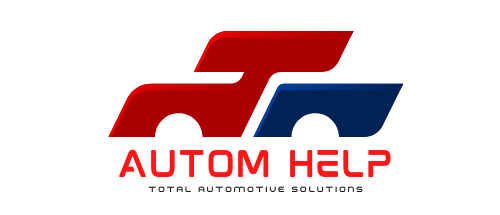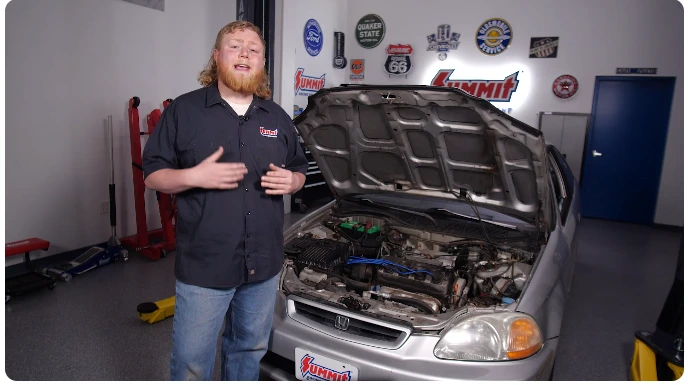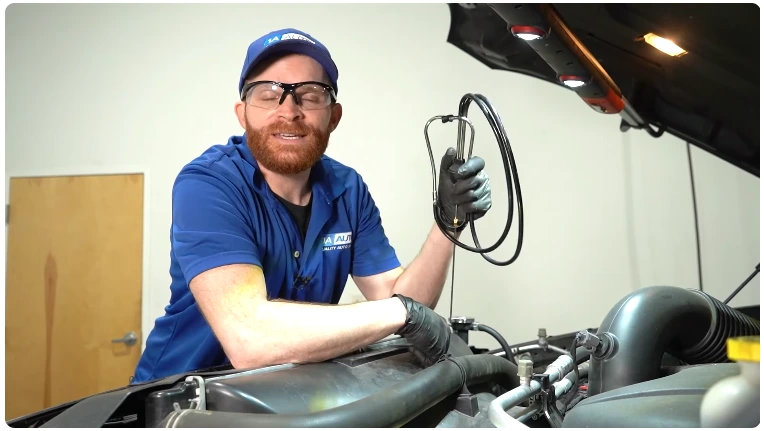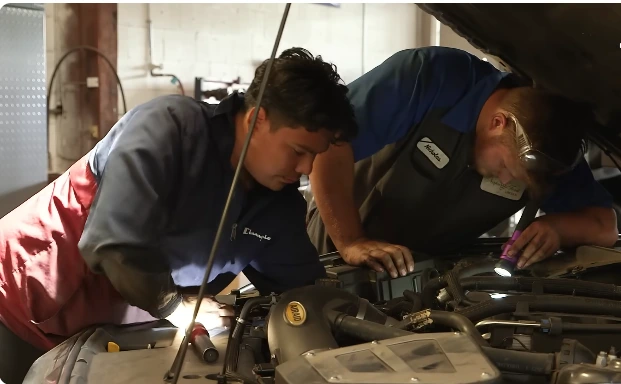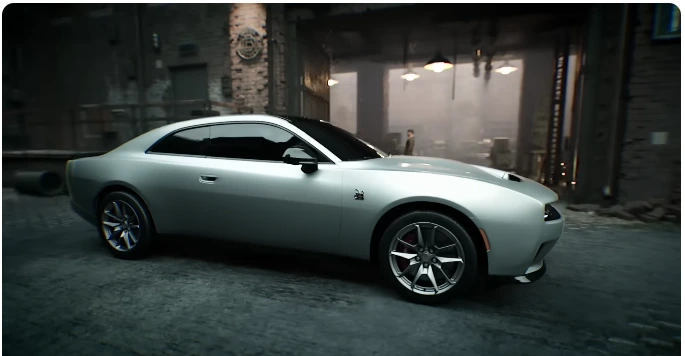How Long Does a Tune-Up Take? (Explained For 2024)
Keeping your vehicle in optimal condition requires regular maintenance, and one important aspect is a tune-up. But how long does a tune-up take? Whether you’re planning your day or waiting at the repair shop, understanding the timeframe is crucial.
In this article, we will delve into the factors that can affect the duration of a tune-up, including the services required, vehicle make and model, and shop efficiency. By gaining insights into the typical timeframes and considerations involved, you’ll have a better understanding of what to expect when scheduling a tune-up and how it contributes to your vehicle’s overall performance and longevity.
The duration of a tune-up can vary depending on factors such as the services required, vehicle make and model, and shop efficiency. Generally, a basic tune-up may take around 1-2 hours, while a more comprehensive tune-up could range from 2-4 hours or longer for complex vehicles or additional repairs.
What is a Vehicle Tune-Up?
A vehicle tune-up is a comprehensive maintenance service performed on a vehicle to ensure optimal performance, fuel efficiency, and longevity. It typically involves inspecting, adjusting, and replacing various components that can affect the vehicle’s operation, such as spark plugs, filters, ignition system, fuel system, and emission controls.
Tune-ups may include checking and adjusting engine timing, performing diagnostics, and addressing any identified issues or maintenance needs. By conducting regular tune-ups, drivers can keep their vehicles running smoothly, identify potential problems early on, and maintain peak performance and efficiency.
Factors Affecting Tune-Up Duration
1. Services Included
The specific services performed during a tune-up can significantly impact its duration. Basic tune-ups typically involve inspecting and replacing basic components like spark plugs and filters, while comprehensive tune-ups may include additional tasks such as fuel system cleaning, throttle body adjustment, and emission system checks.
2. Vehicle Make and Model
Different vehicle makes and models have varying levels of complexity, accessibility, and the number of components that need to be addressed during a tune-up. Some vehicles may have intricate engine designs or require specialized tools, which can increase the time needed for the tune-up.
3. Vehicle Condition
The condition of the vehicle plays a role in tune-up duration. Well-maintained vehicles may require fewer adjustments and replacements, resulting in a shorter tune-up. On the other hand, older vehicles or those with neglected maintenance may require additional time for diagnosis, repairs, or addressing underlying issues.
4. Shop Expertise and Efficiency
The experience and efficiency of the technicians performing the tune-up can influence the duration. Highly skilled technicians familiar with a wide range of vehicle models and efficient work practices can complete the tune-up more quickly than less experienced or less efficient technicians.
5. Additional Repairs or Maintenance
During the tune-up, if the technician identifies additional repairs or maintenance needs, it may extend the overall duration. Addressing these additional tasks may require parts ordering, scheduling additional service appointments, or spending more time on complex repairs.
6. Shop Workload and Scheduling
The availability of the repair shop and its workload can affect tune-up duration. If the shop is busy, it may take longer to schedule the tune-up or the technician may have limited time to work on the vehicle, potentially increasing the overall duration.
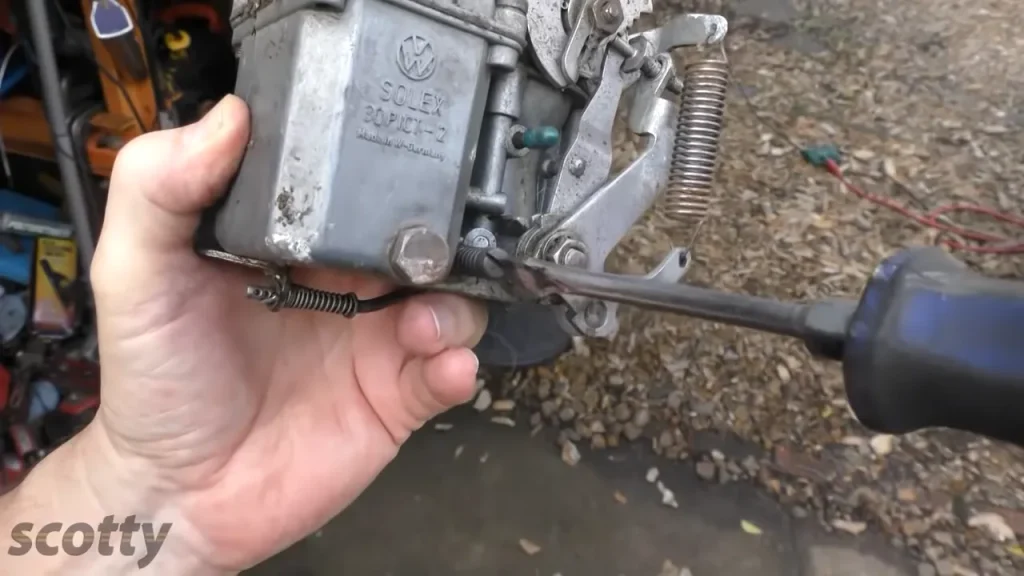
Typical Timeframes for Tune-Ups
The duration of a tune-up can vary depending on several factors, including the services performed and the vehicle’s make, model, and condition. While specific times may vary, the following are general estimations for typical tune-up timeframes:
1. Basic Tune-Up
A basic tune-up, which usually includes inspecting and replacing basic components like spark plugs and filters, may take approximately 1-2 hours to complete. This timeframe allows for inspections, adjustments, and replacements of essential elements.
2. Comprehensive Tune-Up
A more comprehensive tune-up that involves additional tasks such as fuel system cleaning, throttle body adjustment, emission system checks, and other advanced diagnostics may take longer. On average, a comprehensive tune-up can range from 2-4 hours or even longer, depending on the complexity of the vehicle and any additional maintenance or repairs required.
3. Vehicle-Specific Factors
The duration of a tune-up can also be influenced by the specific make and model of the vehicle. Some vehicles have more intricate engine designs, hard-to-reach components, or require specialized procedures, which may require more time for thorough inspection and servicing.
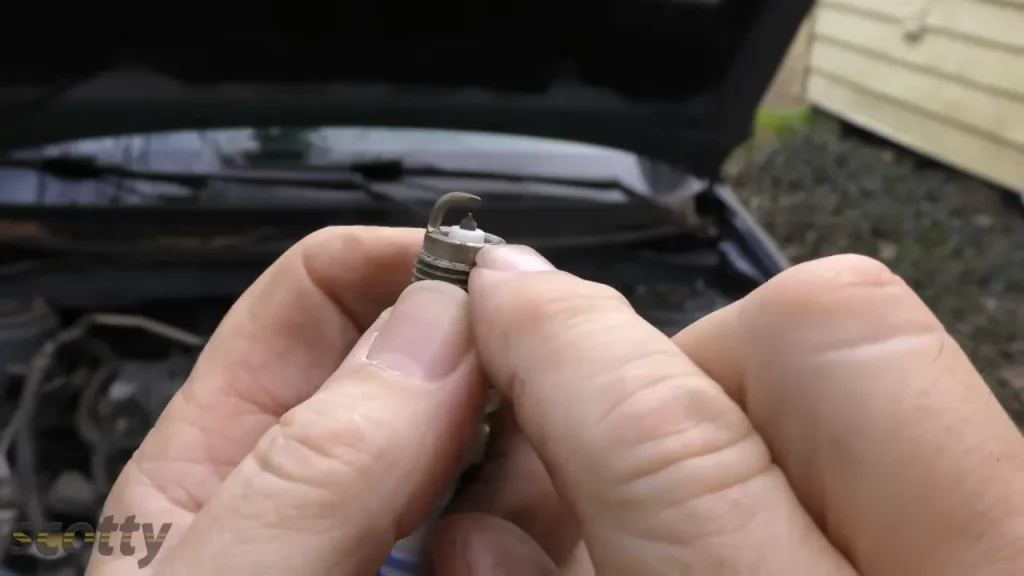
Additional Factors to Consider
When estimating the duration of a tune-up, it’s important to take into account the following factors:
1. Additional Repairs or Maintenance
During the tune-up, the technician may identify additional repairs or maintenance needs. Addressing these issues may require additional time for diagnostics, parts ordering, and performing the necessary repairs.
2. Availability of Parts or Components
If certain parts or components need to be replaced during the tune-up, the availability of these parts can impact the duration. Sometimes, specific parts may need to be ordered, which can extend the overall timeframe.
3. Shop Workload and Scheduling
The workload of the repair shop and the availability of technicians can affect the duration of the tune-up. If the shop is busy, it may take longer to schedule the tune-up appointment, and the technician may have limited time to work on your vehicle, potentially increasing the overall duration.
4. Complexity of the Vehicle
Some vehicles have intricate engine designs or unique systems that require additional time and expertise to properly diagnose and service. High-performance or specialty vehicles may also have specific requirements that could extend the duration of the tune-up.
5. Customer Communication and Decision-Making
The time it takes to communicate with the customer, discuss findings, and make informed decisions regarding repairs or maintenance can impact the overall duration of the tune-up.
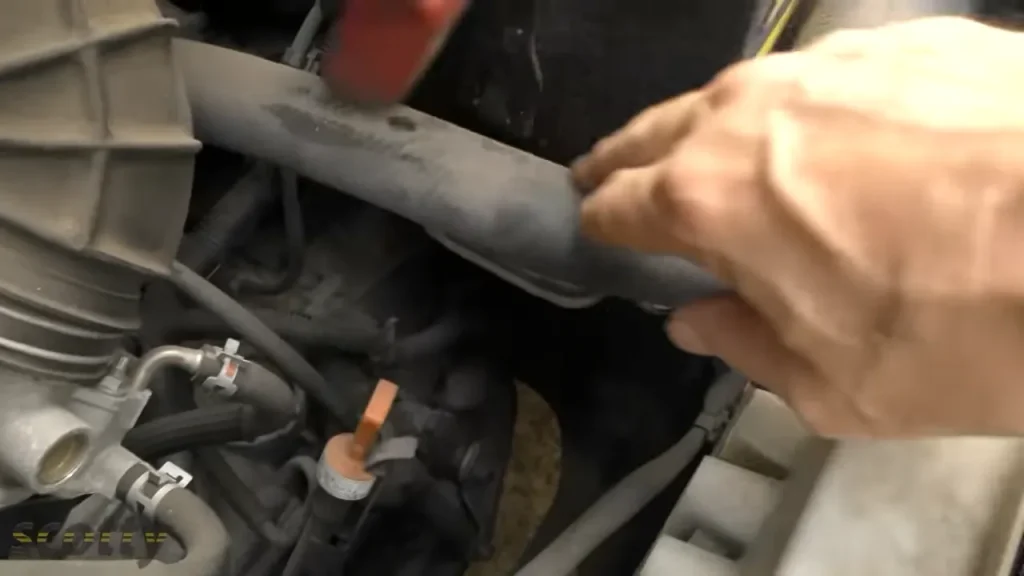
Importance of a Quality Tune-Up
A quality tune-up is vital for maintaining the performance, reliability, and longevity of your vehicle. Here are several reasons why a quality tune-up is essential:
1. Optimal Performance
A tune-up ensures that your vehicle is operating at its best. By inspecting and adjusting key components such as spark plugs, ignition systems, and fuel systems, a tune-up helps maximize engine performance, improving acceleration, fuel efficiency, and overall power.
2. Enhanced Fuel Efficiency
Over time, certain components can become worn or dirty, leading to decreased fuel efficiency. A tune-up addresses these issues, optimizing fuel combustion and improving your vehicle’s mileage. This results in savings at the pump and reduced environmental impact.
3. Early Problem Detection
During a tune-up, technicians thoroughly inspect your vehicle, identifying any potential issues or signs of wear. Detecting and addressing problems early can prevent them from escalating into major and more expensive repairs down the line.
4. Extended Vehicle Lifespan: Regular tune-ups help extend the lifespan of your vehicle. By keeping the engine and vital systems properly maintained, you minimize the risk of premature wear and breakdowns, increasing the overall longevity of your vehicle.
5. Safety Assurance
A well-maintained vehicle is a safer vehicle. During a tune-up, technicians check critical safety components such as brakes, suspension, and steering systems. Identifying and resolving any safety concerns helps ensure that your vehicle is reliable and secure on the road.
6. Manufacturer Warranty Compliance
Following the recommended tune-up schedule outlined in your vehicle’s owner manual helps maintain the manufacturer warranty. Regular tune-ups demonstrate your commitment to proper maintenance, which can be beneficial should warranty claims arise.
FAQ
Q1: How long does a basic tune-up typically take?
A1: On average, a basic tune-up can take around 1-2 hours to complete. This timeframe allows for inspections, adjustments, and the replacement of essential components like spark plugs and filters.
Q2: What factors can affect the duration of a tune-up?
A2: The duration of a tune-up can be influenced by several factors, including the services required, the make and model of the vehicle, its condition, the expertise of the technicians, and any additional repairs or maintenance needs identified during the tune-up.
Q3: Does a comprehensive tune-up take longer than a basic one?
A3: Yes, a comprehensive tune-up that includes additional tasks like fuel system cleaning, throttle body adjustment, emission system checks, and other diagnostics can take longer. On average, a comprehensive tune-up may range from 2-4 hours or longer, depending on the complexity of the vehicle and any additional maintenance or repairs required.
Q4: Can the type of vehicle impact the duration of a tune-up?
A4: Yes, the make and model of the vehicle can affect the tune-up duration. Different vehicles have varying levels of complexity, accessibility, and the number of components that need to be addressed. Vehicles with intricate engine designs or specialized procedures may require more time for thorough inspection and servicing.
Q5: Can additional repairs or maintenance identified during the tune-up extend the duration?
A5: Yes, if the technician identifies additional repairs or maintenance needs, it can increase the overall duration of the tune-up. These additional tasks may require diagnostics, parts ordering, and performing the necessary repairs, which can take additional time.
Q6: Should I consult with the repair shop for an accurate estimate of the tune-up duration?
A6: Yes, it is recommended to consult with a trusted repair shop to get an accurate estimate based on your specific vehicle and its maintenance needs. The shop can provide insights into the expected timeframe considering the services included, the vehicle’s condition, and their workload.
